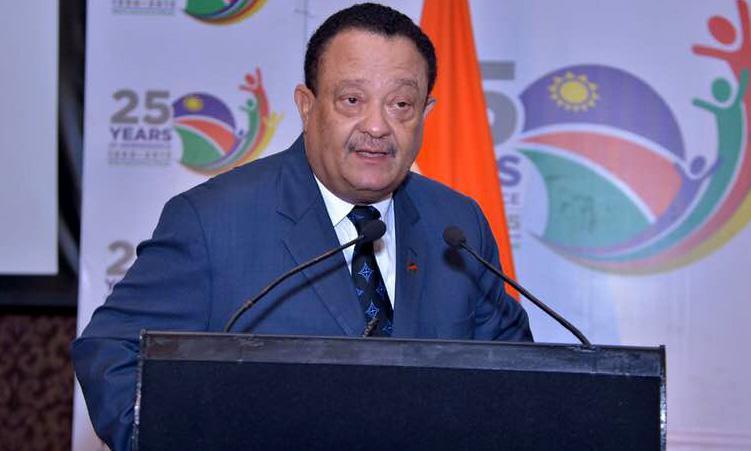Africa-Press – Namibia. The announcement by US president Donald Trump and Israeli prime minister Benjamin Netanyahu of a 20-point post-war plan for Gaza has reignited debate over peace in the Middle East.
Unlike the Oslo Accords of the 1990s, which created a framework for Palestinian self-rule but deferred core issues, and unlike president Bill Clinton’s Camp David efforts, which came closest to final status but collapsed over Jerusalem and refugees, this plan is being marketed as different.
Its novelty lies not in the ambition of a two-state horizon but in its regional architecture.
Arab and Muslim states – long seen as spectators or spoilers – are being engaged from the outset.
Gulf powers such as the United Arab Emirates have pressed Israel to accept the plan, while reconstruction aid and diplomatic normalisation are being tied to measurable progress on the ground.
International oversight of Gaza’s reconstruction and security, alongside a call for Hamas disarmament, represents an attempt to replace the cycle of bilateral stalemates with a multilateral enforcement framework.
POTENTIAL STUMBLING BLOCKS
Yet risks abound. If Hamas rejects the deal, the plan’s central pillar – Gaza’s demilitarisation – will collapse, leaving either renewed war or an unenforceable peace.
Israeli domestic politics also loom large: any concessions on settlement expansion or annexation face fierce opposition at home.
Meanwhile, Palestinian legitimacy remains thin if core national aspirations are postponed once more.
Adding new complexity is the recent wave of recognitions of Palestine by Western democracies.
More than 150 states now recognise a Palestinian state, giving Ramallah greater diplomatic leverage and making it harder for Israel to resist international calls for a credible political horizon.
At best, this plan could stabilise Gaza, free hostages and pave a path to Arab-Israeli normalisation.
At worst, it risks becoming another broken promise, feeding cynicism. The Middle East does not lack peace plans, it lacks enforcement, trust and political courage.
* Pius Dunaiski is a former Namibian diplomat.
For More News And Analysis About Namibia Follow Africa-Press






